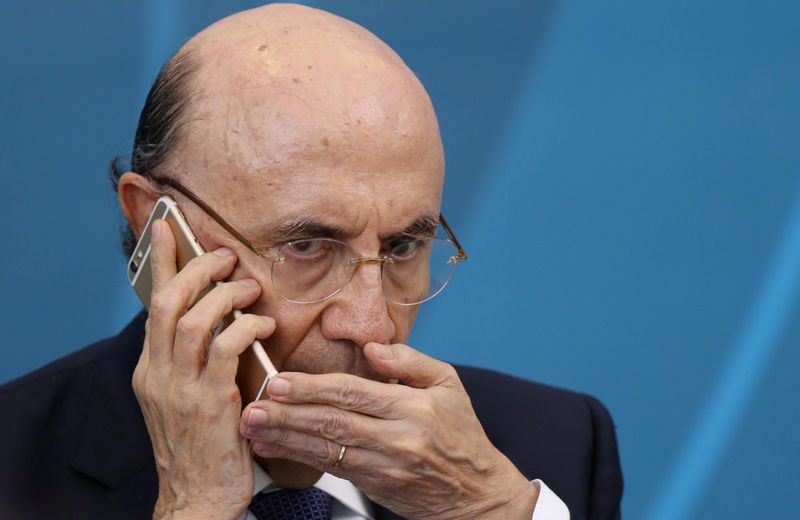By Silvio Cascione
BRASILIA (Reuters) - Brazil's worst-ever recession unexpectedly intensified in the final quarter of 2016, data showed on Tuesday, frustrating hopes for signs of a recovery and stepping up pressure on President Michel Temer and the central bank to do more to stimulate growth.
Brazil's gross domestic product contracted by 3.6 percent in 2016, statistics agency IBGE said, following a 3.8 percent drop in 2015. The nation's two-year downturn is the longest and deepest on record for Latin America's biggest country.
The economic contraction worsened in the fourth quarter, with a steeper-than-expected decline of 0.9 percent following a 0.7 percent drop in the previous three months.
Investment fell 10.2 percent in 2016, in a sharp drop that is partly blamed by economists on Brazil's chronically high interest rates. The central bank started to cut its benchmark rate from a decade-high of 14.25 percent in October and is now expected to take them to single digits this year.
The disappointing data fueled calls for the central bank to accelerate the pace of rate cuts from 75 basis points per meeting. Yields on rate futures showed a 22-percent chance of a steeper cut in the bank's next policy decision in April, according to Reuters data.
"There's a lot of idle capacity in the economy and that's a reason for the central bank to move faster," said Cristiano Oliveira, chief economist at São Paulo-based Banco Fibra, responding to Tuesday's data.
The majority view among economists is that Brazil will emerge from recession in 2017, but at a very slow rate of 0.5 percent, which would be insufficient to reduce unemployment.
Finance Minister Henrique Meirelles said after the figures were announced that Brazil is still feeling the effects of the recession but is "clearly" starting to grow.
Some economists, however, say they are tempering their views for growth in 2017.
"We see zero growth in 2017, or maybe just a little bit above that," said Carlos Kawall, chief economist at Banco Safra, in São Paulo. "We should not see any big recovery this year; we will have to wait until 2018."
Household consumption fell 4.2 percent as joblessness hit a record high, while government spending dropped 0.6 percent.
The downturn has left nearly 13 million people unemployed, caused a record number of bankruptcy filings and led agencies to strip Brazil of its hard-won investment grade credit rating.
It also contributed to the impeachment of former President Dilma Rousseff last year and to the low approval ratings of her successor, President Temer, whose agenda of budget and pension reforms has helped fuel a strong rally in Brazilian equities and currency since last year.
Although this recession has been the deepest in Brazil's history, it has not been marked by the financial upheaval seen in other crises in the country's turbulent economic past.
Previous downturns were often accompanied by sovereign debt crises, capital flight and hyperinflation, none of which happened during the current slump.

For a table with a breakdown of growth by sectors, please see